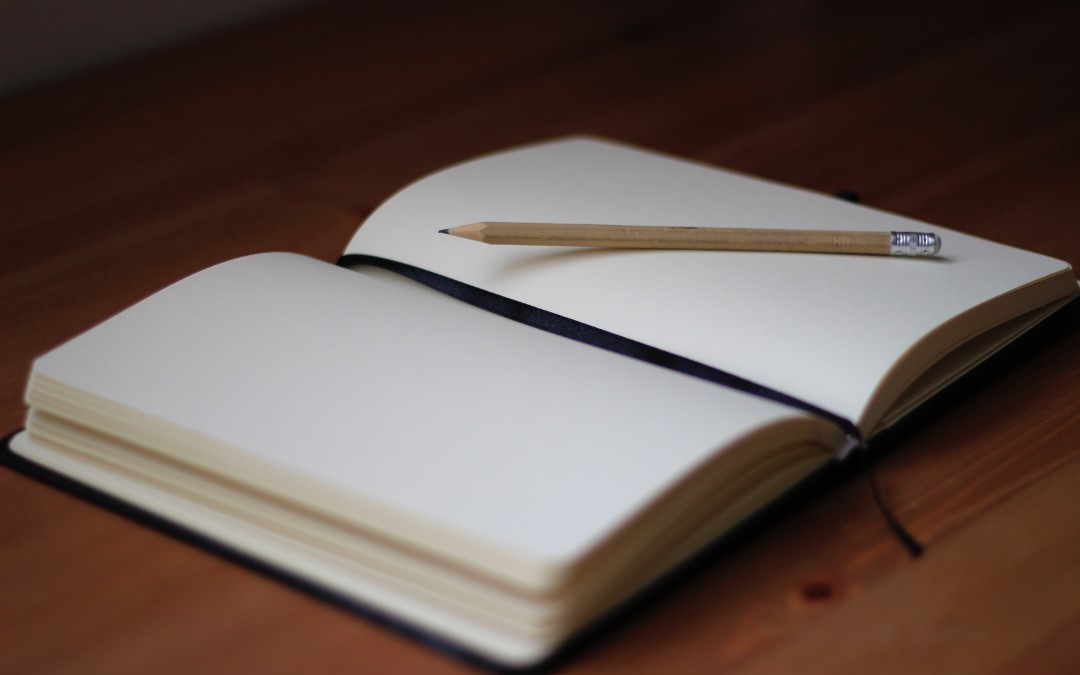Last week I talked about the power of purposeful practice, and one of the most important perquisites to purposeful practice is knowing our strengths and weaknesses. While we want to practice our writing strengths, of course, to hone them into even greater strengths, what we really want to focus on when we’re practicing is our weaknesses. But in order to even begin the process of strengthening those weaknesses, we first have to know them.
(I do want to say, however, that we can’t just focus on our weaknesses, because that’s demoralizing. We know plenty of our weaknesses, so every now and then it’s perfectly fine to celebrate our strengths. What I’m talking about here is not to dwell on our weaknesses but to extract them empirically so that we can practice through their challenge and actually turn them into strengths.)
I’m also not just talking about our weakness in the writing mechanics. I’m also talking about the many other weaknesses that can beset an author—things like productivity and writer mentality and the sort of things that can put us on a fast-track of feeling stuck and inefficient. We need to know our weaknesses when it comes to actually writing, and we need to know our weaknesses when it comes to reading our own writing or engaging with our writing.
For example, I know that every now and then I will be almost crippled by a voice that says, “You’ll never be able to top that last one.” Sometimes that voice is really, really loud. But I also know that I will top that last one. It may not be with this next project. It may not be with the next project after that. But I will top it, because I’m always growing and learning.
Other people know they have a weakness for the backspace key. So something they can put into practice is writing without hitting delete (which, by the way, slows you down way too much for a rough draft. A rough draft doesn’t even have to be readable. It just needs to get the story or the thoughts down on paper. The hard work comes in the revision).
As far as writing mechanics are concerned, I mentioned last week that I know I have a weakness when it comes to establishing the settings of my books. Settings are important—not for every book, but for many. And because I want to have this skill—creating vivid settings—in my arsenal and actually choose whether or not I want to use it, rather than avoiding it altogether, I want to master this weakness by purposefully practicing it.
This is the self-awareness I’m talking about. We need to know, as writers, where we get hung up, where we don’t write as well as we need to, where we lose significant time or feel uncomfortable. How do we get to know these places? Many of them we’ll know intuitively. But one of the things that I’ve done to increase my self awareness in the past few years is something called morning pages.
Morning pages are something I do every morning at 4:30 a.m. I write three whole pages, and in them, I will dump everything that’s in my brain, which usually takes about two pages. And then, for the last page, I’ll write about the things that feel hard to me, or the places where I’m struggling in my writing. I’ll never let anyone read these pages, but they have been helpful for me in sorting through my weaknesses and recognizing where I need improvement.
Here are some questions we can ask ourselves to identify some of our strengths and weaknesses:
- What feels easy? (These can be strengths.)
- What feels hard? (These will likely be areas that need improvement.)
- What do I want to improve?
Sometimes our improvement areas are not just things that feel hard, they’re weak places we’ve noticed in our writing. Mastery becomes more important to us as we notice the techniques of other writers. Sometimes what sticks out to us in the books we read are the places in our own writing that we most want to improve. Our brain has a nifty way of bringing those things to the forefront.
It can be difficult to become more aware of the places where we struggle in our writing lives. But with practice, and with recording, we’ll begin to see patterns, and after we see patterns, we can work on a plan for improvement.
Because a writer who is not constantly improving purposefully is a writer who will never gain mastery.
Week’s prompt
Emily Dickinson


